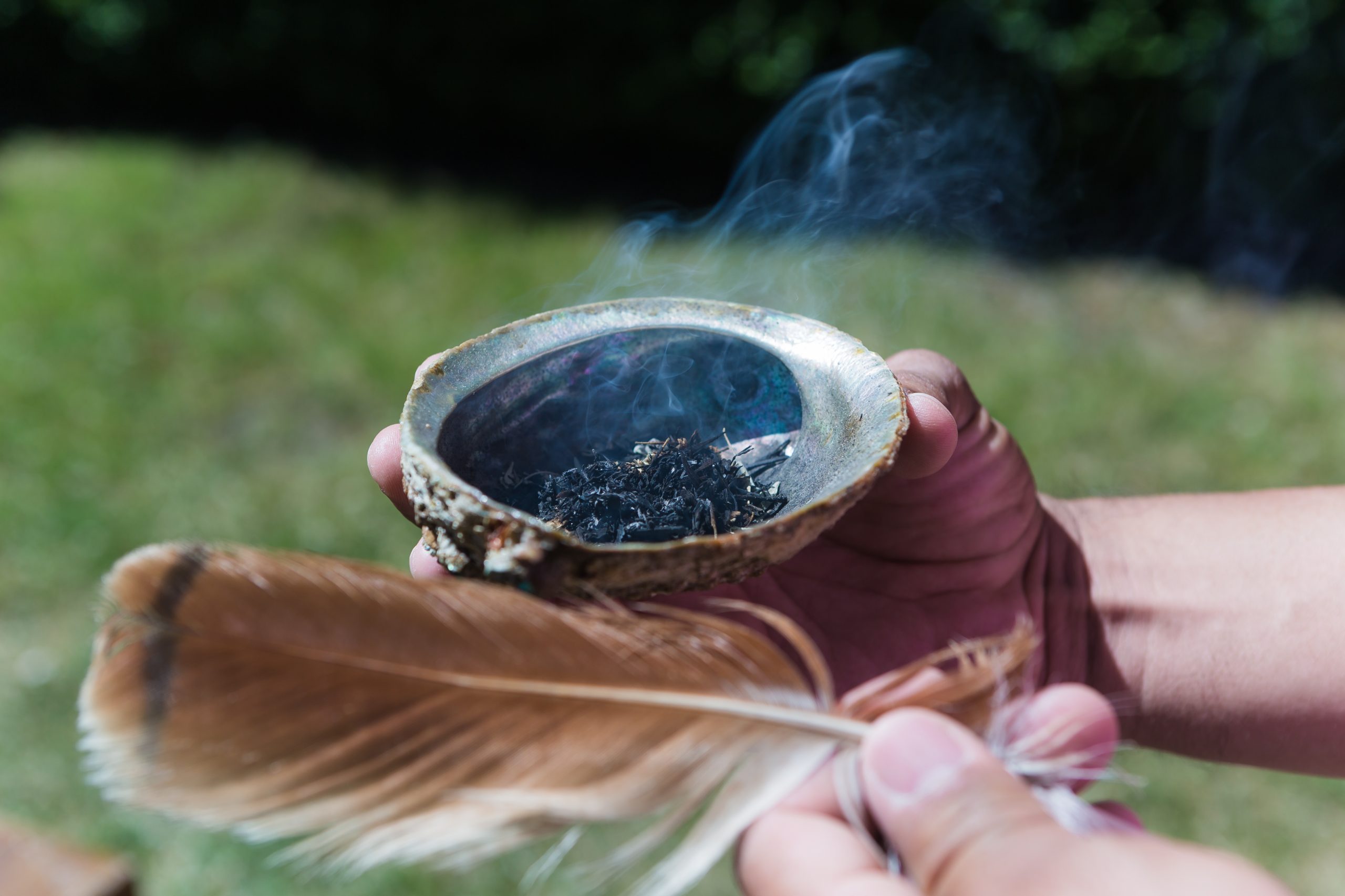

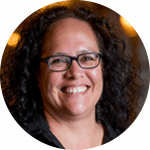
Tânsi, I am Nancy Laliberte, I am Nêhiyaw/Métis from the Beaver River area of what is now known as Saskatchewan. I currently live on the traditional, ancestral territory of the Chippewas of Rama First Nation and work in the unceded land of the xʷməθkwəy̓əm (Musqueam), Skwxwú7mesh (Squamish), and Səl̓ílwətaʔ/ Selilwitulh (Tsleil-Waututh) Nations. I am a daughter, sister, auntie and friend. Learn more.
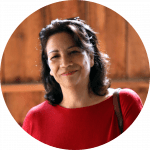
Leslie, a member of the Killer Whale clan of the Nisga’a Nation, is a committed social justice advocate working for Indigenous peoples. She is the Executive Director of British Columbia Association of Aboriginal Friendship Centres, an umbrella agency supporting 25 Friendship Centres. Learn more.

Dr. Cheryl Ward is Kwakwaka’wakw and a member of the ‘Namgis First Nation from northern Vancouver Island. She and her family have been living as guests on the territory of the Snuneymuxw people for the past twenty years. Deeply committed to social justice education, decolonizing anti-racism training, and the development of Indigenous cultural safety pedagogy, Cheryl has more than twenty-five years of experience working on initiatives focusing on Indigenous cultural safety (ICS) and anti-Indigenous racism. Learn more.
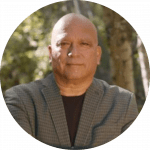
Dr. Barry Lavallee is a member of the Metis community of St. Laurent, Manitoba and a descendent of Duck Bay and Lake Manitoba First Nations. Education and Experience as a Practitioner. He received his medical degree in 1988 and completed his training in family medicine in 1990, all at the University of Manitoba. He is a Doctor of Medicine (MD), Certified in the College of Family Physicians (CCFP Canada), a Fellow of the College of Family Physicians (FCFP Canada), and earned a Master of Clinical Sciences Degree in 2004 at Western Ontario University. Learn more.
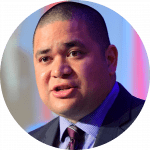
Dr. Alika Lafontaine (MD, FRCPC) is a past-President of the Indigenous Physicians Association of Canada and the first Indigenous physician listed by the Medical Post as one of Canada’s 50 Most Powerful Doctors. For four years, he co-led the Indigenous Health Alliance project, one of the most ambitious Indigenous health transformation initiatives in Canadian history. Learn more.
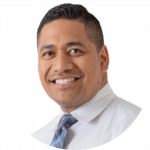
Kamea is the CEO of Intelli Network, a Calgary-based technology company. He is a software developer, technology executive, and public safety leader. He is a Director with Crime Stoppers, Director of Indigenous Affairs with the Canadian Blockchain Consortium, and Emergency Management working group lead for the Government Blockchain Association. Learn more.
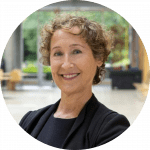
Dr. Browne studies health and healthcare inequities, with a particular focus on health inequities affecting Indigenous peoples. She conducts research on strategies to enhance equity-oriented health care for Indigenous and non-Indigenous people, including interventions to address systemic racism and discrimination, and support the uptake of cultural safety and trauma- and violence-informed care. Her work is aimed at promoting health equity through improvements in nursing practice, healthcare delivery, and health policy.
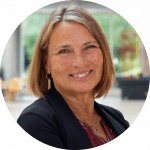
Dr. Colleen Varcoe, RN, PhD is a professor in the University of British Columbia School of Nursing. Her work aims to decrease inequity and violence including interpersonal and structural forms of violence such as racism and poverty. She has studied how to promote equity-oriented healthcare (cultural safety, harm reduction, and trauma- and violence-informed care) at the organizational level and worked with various Indigenous communities, organizations and issues, including in health care and criminal justice contexts.

Dr. Lisa Calder was appointed as the Chief Executive Officer (CEO) of the Canadian Medical Protective Association (CMPA) in August 2020. Dr. Calder is an award winning emergency physician, researcher, and teacher, who completed her Medical Degree at the University of Western Ontario. She has a Master of Science degree in Epidemiology from the University of Ottawa, where she also completed her Royal College Emergency Medicine residency and an Emergency Medicine research fellowship. Learn more.

Donna Wilson is the Executive Vice President at the Provincial Health Services Authority in British Columbia. She holds executive accountability for Indigenous Health & Cultural Safety, corporate functions including Legal/Risk/Privacy and Communications. In addition she is responsible for Diagnostic and Treatment Services which include the Provincial Laboratory Medicine Services, Lower Mainland diagnostic imaging and Lower Mainland in-hospital pharmacy services. Learn more.